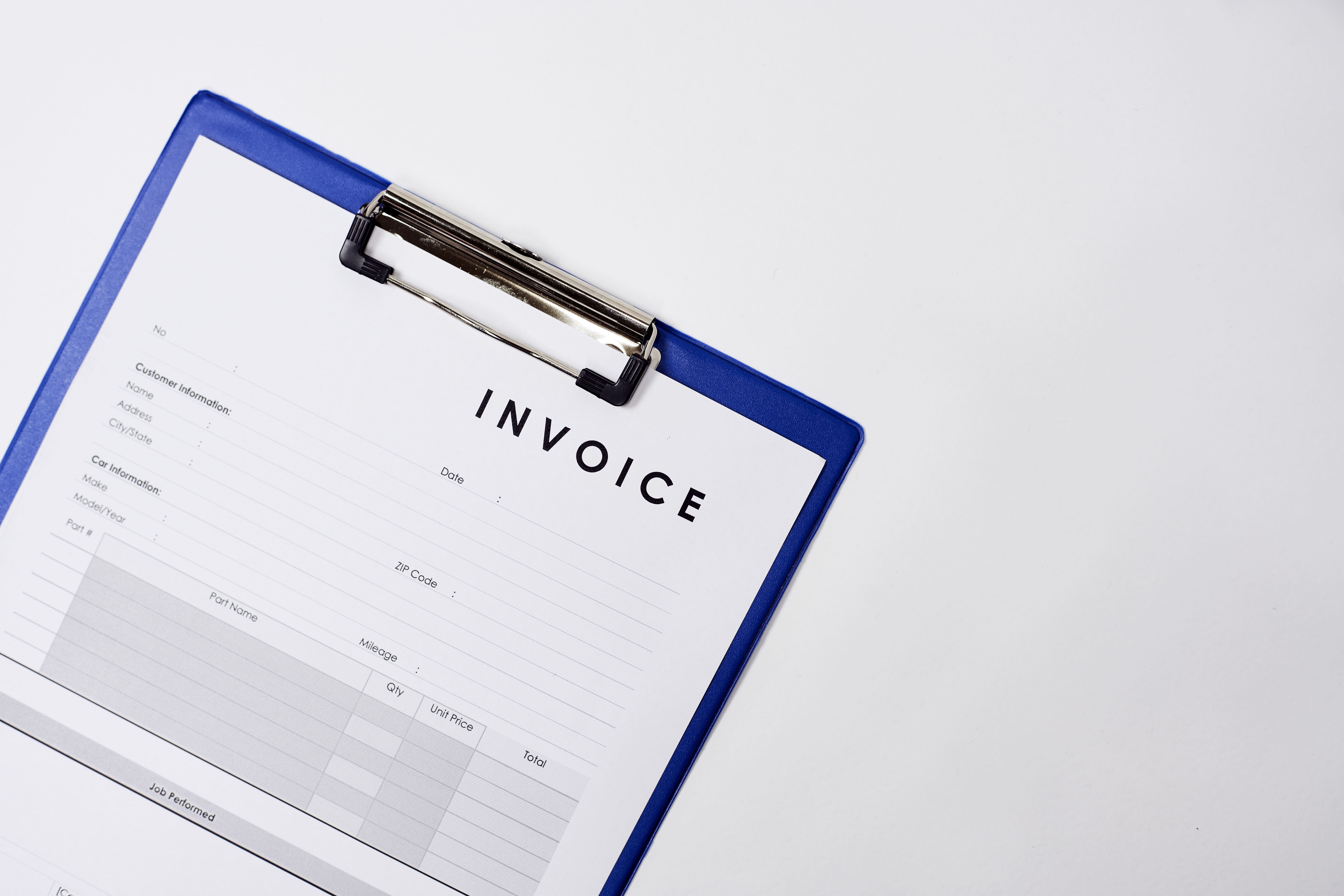Navigating the world of real estate investing requires a clear understanding of business structures. As a landlord or property investor, choosing the right entity imfpacts your liability, taxes, and daily operations. A sole proprietorship in real estate often serves as the entry point for many looking to manage rental properties.
This guide explores the definition, benefits, drawbacks, and crucial considerations for landlords and investors operating under this structure.
Key takeaways
- A sole proprietorship is the simplest business structure for new real estate investors and landlords.
- As a sole proprietor, your personal liabilities are not separate from your business’s. It means you are responsible for bearing all the risks and enjoying the benefits.
- Sole proprietors should open a separate bank account to prevent the commingling of personal and business funds.
What is a sole proprietorship in real estate?
A sole proprietorship in real estate is a business owned and operated by one individual. This structure is the most common for small landlords and individual investors, particularly those managing a small portfolio of properties.
Unlike corporations or LLCs, in a sole proprietorship, there is no legal separation between the owner and the business itself. This means your real estate activities are considered an extension of your personal finances and legal identity.
Consider Sarah, who owns a single-family home and rents it out to tenants. She collects rent, pays for repairs, and handles all tenant communications herself. Sarah operates her rental property as a sole proprietorship without any formal business registration beyond the necessary local permits.
Similarly, John, who manages a duplex he inherited, also functions as a sole proprietor rental property owner. His rental income and expenses flow directly to his personal finances.
Key benefits of a sole proprietorship
Choosing a sole proprietorship for real estate investing provides several advantages for budding landlords and investors. These benefits primarily revolve around ease of establishment, simplicity in operations, and certain tax considerations.
Ease of setup and control
Generally, no formal state filing or registration is required to begin operations. You simply start conducting business, such as purchasing a rental property and leasing it out.
This ease of establishment translates into minimal startup costs and less administrative burden. You, as the owner, retain absolute control over all decisions, from tenant selection to property maintenance budgets. This direct oversight can be particularly appealing to hands-on landlords who prefer autonomy in their investment strategies.
Tax advantages and expense deductions
Sole proprietorship also benefits from the pass-through taxation structure. This means your business itself does not pay income tax. Instead, all rental income and expenses are reported directly on your personal income tax return.
You report your rental income and deductible expenses on Schedule E (Form 1040), Supplemental Income and Loss. This allows you to deduct various costs associated with your rental property, including mortgage interest, property taxes, operating expenses, repairs, depreciation, and even management fees. This direct deduction reduces your overall taxable income, offering a potential tax advantage.
Drawbacks and risks of sole proprietorship
While a sole proprietorship in real estate offers simplicity, it also comes with significant drawbacks and risks that landlords and investors must carefully consider.
Unlimited personal liability
One of the biggest drawbacks of starting a sole proprietorship for your rental business is bearing unlimited personal liability. Because there is no legal distinction between you and your business, your personal assets are not protected from business debts or lawsuits. This means creditors or tenants who sue your rental business can pursue your personal assets, such as your home, savings accounts, or other investments, to satisfy a judgment.
For instance, if a tenant is injured on your property and sues, or if your rental business incurs significant debt that it cannot repay, your personal wealth could be at risk. Lack of asset protection is a major reason many landlords consider forming a limited liability company (LLC) or other corporate structure.
Financing and scaling challenges
Banks and lenders may view sole proprietorships as riskier compared to entities like LLCs, which offer a clear legal separation. As a result, securing large loans or attractive financing terms for property acquisitions might be more challenging.
Scaling a sole proprietorship rental property business also presents its own set of difficulties. As your portfolio grows, managing increasing administrative tasks and potential liabilities as an individual can become overwhelming. The inherent risk associated with unlimited personal liability makes it difficult to attract investors or partners who might require a more formalized business structure to protect their interests.
Tax considerations and compliance for sole proprietorship
Understanding tax implications is paramount when operating a sole proprietorship for rental property. Your structure significantly influences how you report income, deduct expenses, and manage compliance with tax authorities.
Rental income reporting and deductions on personal tax returns
For a sole proprietorship real estate, all sole proprietorship rental income and expenses are reported on your personal federal tax return, Form 1040. Specifically, you use Schedule E to detail your rental property activities. This schedule requires you to list gross rents, various expenses like advertising, cleaning, insurance, mortgage interest, repairs, and utilities.
You can also claim deductions for depreciation. It will allow you to recover the property’s cost over its lifetime and management fees, if you hire a property manager. Keeping meticulous records of all income and expenses is critical for accurate reporting and maximizing your legitimate deductions.
Self-employment taxes and audit considerations
As a real estate sole proprietor, you are considered self-employed, meaning you are responsible for paying self-employment taxes, which include Social Security and Medicare taxes, on your net rental income if your rental activity is considered a "trade or business" (IRS). While not all rental activities trigger self-employment tax, it is important to consult a tax professional to determine specific obligations.
Sole proprietorships can also face higher audit risks, especially if personal and business finances are commingled. The IRS scrutinizes deductions and income reporting, and a lack of clear separation between personal and business transactions can raise red flags.
Sole proprietorship vs. LLC: What should you choose?
For a real estate sole proprietor, the allure lies in simplicity and minimal startup costs. As discussed, there is no legal distinction between you and your business, meaning all rental income and expenses flow directly to your personal tax return. This directness simplifies tax filing and provides complete control.
An LLC, conversely, creates a legal barrier between your personal assets and your business liabilities. This means that if your rental property business faces a lawsuit or significant debt, your personal assets, such as your home or savings, are typically protected. While an LLC requires more formal setup and ongoing compliance, this liability protection is invaluable for many investors. You can find more information on how to open an LLC business account and even discover the best free business bank account for LLC options.
Best practice for sole proprietors: Maintain separate business bank accounts
Operating a dedicated sole proprietorship bank account is the most helpful best practice for landlords. A separate bank account ensures that all your rental income and property-related expenses are channeled through a distinct account, preventing the commingling of funds.
A separate business bank account also provides a clear audit trail, simplifying bookkeeping and tax preparation.
For example, when you open a virtual bank account for your rental property with Baselane, you also get virtual debit cards. Having a separate bank account makes it easy to keep rental income separate from your personal account and maintain a clear record of cash flow in your sole proprietor account.
Having a dedicated landlord bank account also enhances your professional image and can streamline rent collection and expense management. Baselane enables automated rent collection directly into your accounts, making it easier to track income. Furthermore, its bookkeeping features auto-categorize transactions and generate essential financial reports, including Schedule E, simplifying tax time.
Bottom line
A sole proprietorship in real estate is often a good entry point for new landlords and investors, because of its simplicity and tax reporting.
But the risk of unlimited personal liability makes it attractive when you want to scale your portfolio. In such a situation, forming an LLC is a viable option.
No matter which option you decide to move forward with, Baselane can help. Our integrated banking, bookkeeping, and rent collection solutions help you open and manage multiple accounts to keep your finances organized and help you avoid any financial liability as a sole proprietor.
FAQs
What is a sole proprietorship in real estate?
A sole proprietorship in real estate is a business structure where an individual owns and operates rental properties or real estate investments without legal separation from their personal identity. All business assets and liabilities are considered personal, making it the simplest form of real estate business.
How does rental income affect a sole proprietorship?
For a sole proprietorship rental income is reported directly on the owner's personal income tax return using Schedule E (Form 1040). All profits and losses pass through to the owner's individual taxes, and various rental expenses can be deducted to reduce taxable income.
Can a sole proprietorship own rental property?
Yes, a sole proprietorship can absolutely own rental property. Many individual landlords and small-scale investors operate their rental businesses as sole proprietors, directly holding property titles in their personal names.
What are the main risks of a sole proprietorship for landlords?
The primary risk for a sole proprietorship in real estate is unlimited personal liability, meaning the owner's personal assets are not protected from business debts, lawsuits, or other legal claims. This lack of separation can expose personal wealth to significant financial risk.
.jpg)
















.jpg)